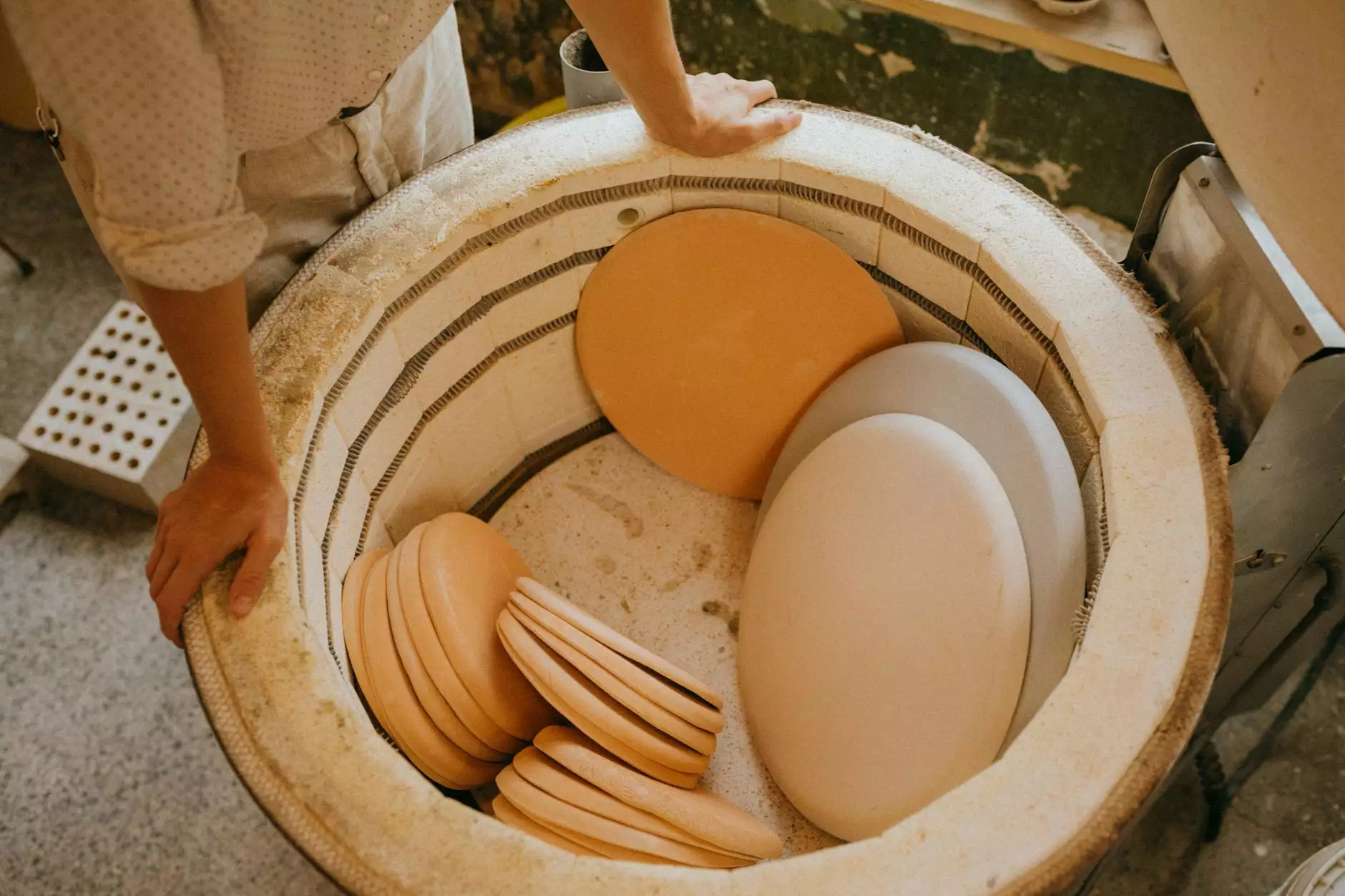Understanding Hysteroscopy: Costs, Benefits, and Insights

Hysteroscopy is an essential diagnostic and therapeutic procedure that allows doctors to examine a woman’s uterus with a thin, lighted telescope called a hysteroscope. It plays a critical role in diagnosing various uterine conditions, such as fibroids, polyps, or abnormalities in the endometrial lining. If you're considering this procedure, you might have questions regarding the hysteroscopy test price, its benefits, and what the procedure entails.
The Importance of Hysteroscopy in Women's Health
Women’s health encompasses a wide array of conditions that can significantly impact quality of life. Hysteroscopy offers invaluable insights for obstetricians and gynecologists, providing a clearer view into the uterus's interior. This procedure can often be performed in an office setting, allowing for minimal disruption to the patient’s daily life.
Not only does hysteroscopy facilitate the diagnosis of numerous uterine conditions, but it can also be used for therapeutic interventions, such as:
- Removal of Fibroids: Non-cancerous growths in the uterus can be effectively removed.
- Polypectomy: Polyps can be detected and removed during this procedure.
- Endometrial Biopsy: Tissue samples can be taken for further examination.
Understanding the Hysteroscopy Procedure
Before delving into the hysteroscopy test price, it is crucial to comprehend what the procedure involves. Hysteroscopy typically occurs in three main steps:
- Preparation: Patients may be advised to avoid certain medications and refrain from eating or drinking for several hours before the procedure.
- The Procedure: The hysteroscope is inserted through the vaginal canal and into the uterus. A saline solution is often used to distend the uterus for better visibility.
- Recovery: Most patients can return home on the same day, with some experiencing mild cramping or spotting.
Hysteroscopy Test Price: What to Expect
The hysteroscopy test price can vary significantly based on several factors, including location, the complexity of the case, and whether the procedure is performed in an outpatient or hospital setting. Generally, costs can range from:
- $1,000 to $3,000 for an outpatient procedure.
- $3,000 to $5,000 if performed in a hospital setting.
Factors Affecting the Cost
When assessing the hysteroscopy test price, consider these influential factors:
- Facility Type: Outpatient clinics may charge less than hospitals.
- Geographical Location: Prices may differ based on the regional cost of living.
- Insurance Coverage: Consult your insurance provider to understand coverage options, co-pays, and deductibles.
- Provider Experience: Highly experienced and reputable providers may charge a premium due to their expertise.
Is Hysteroscopy Covered by Insurance?
Most insurance plans cover hysteroscopy when deemed medically necessary. However, the extent of coverage can vary. It is advisable to check with your insurance provider regarding the specifics of your plan. Here are some key points to consider:
- Check if the procedure is considered a diagnostic or therapeutic.
- Verify if pre-authorization is required.
- Inquire about co-pays and out-of-pocket maximums.
Benefits of Hysteroscopy
The benefits of undergoing a hysteroscopy extend beyond simply evaluating uterine health. Here are some of the most notable advantages:
- Minimally Invasive: The procedure often requires no incisions, leading to less pain and quicker recovery.
- Accurate Diagnosis: Direct visualization leads to more accurate diagnoses compared to imaging alone.
- Immediate Treatment: Therapeutic measures may be taken during the same procedure, reducing the need for multiple visits.
- Short Recovery Time: Most patients return to regular activities shortly after the procedure.
Preparing for Your Hysteroscopy
Proper preparation is vital for a successful hysteroscopy. Here are some guidelines to help you prepare:
- Follow Your Doctor's Instructions: Adhere to any pre-procedure guidelines provided by your healthcare provider.
- Discuss Medications: Inform your doctor about any medications you are taking, as some may need to be adjusted.
- Plan for Aftercare: Arrange for transportation post-procedure if sedation is used.
What to Expect After Hysteroscopy
After the procedure, most women can expect mild symptoms, including:
- Light vaginal spotting.
- Minor cramping similar to menstrual cramps.
- Fatigue.
It is essential to monitor your symptoms and contact your healthcare provider if you experience severe pain, heavy bleeding, or fever.
Conclusion: Your Health Matters
Understanding the hysteroscopy test price and its implications is crucial for informed decision-making regarding women’s health issues. The hysteroscopy procedure not only aids in diagnosing uterine conditions but also facilitates direct treatment, making it an invaluable tool in modern gynecology.
If you’re considering hysteroscopy or have further questions about the procedure, costs, or your options, do not hesitate to reach out. Visit DrSeckin.com for more information, and take a proactive step towards better health.



